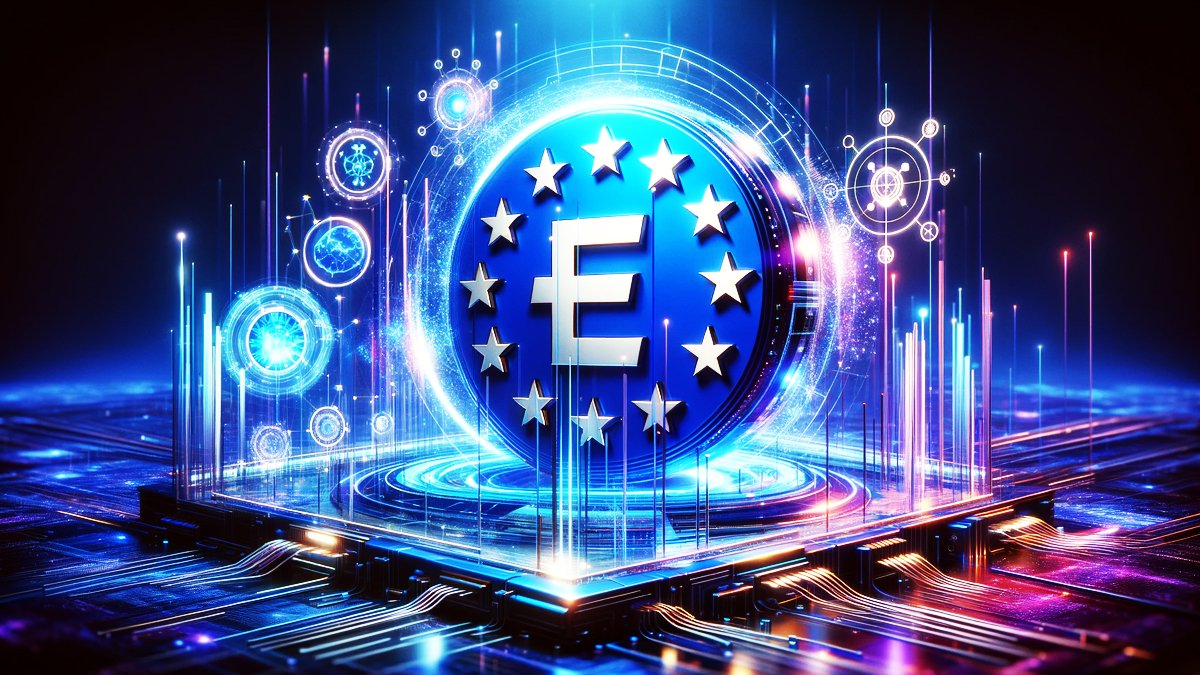L’Union européenne a finalement trouvé un accord le vendredi 8 décembre concernant la mise en place de régulations pour l’intelligence artificielle. L’objectif est de soutenir l’innovation en Europe tout en limitant les risques grâce à des règles strictes. L’Union européenne a convenu d’une législation sans précédent au niveau mondial après trois jours de négociations intenses entre les États membres et le Parlement européen. Les co-législateurs de l’UE ont trouvé un accord politique sur un texte visant à promouvoir l’innovation en Europe tout en limitant les abus potentiels de ces technologies très avancées. The EU thus becomes the first continent to establish clear rules for the use of AI, as praised by the European Commissioner behind the project presented in April 2021. The latest round of negotiations, which began Wednesday afternoon, lasted nearly 35 hours. The process had been disrupted at the end of last year by the emergence of OpenAI’s text generator capable of writing essays, poems, or translations in seconds. This system, as well as those capable of creating sounds or images, revealed to the general public the immense potential of AI.
Strategic autonomy and innovation
The spread on social media of nearly indistinguishable deepfake videos from reality has raised concerns about manipulation and misinformation. Member states feared that excessive regulation would stifle their emerging champions like Aleph Alpha in Germany and Mistal AI in France by making development costs prohibitive. “We will carefully analyze today’s compromise and ensure in the coming weeks that it preserves Europe’s ability to develop its own AI technologies and maintains its strategic autonomy,” responded French digital minister Jean-Noël Barrot.
“Speed seems to have prevailed over quality with potentially disastrous consequences for the European economy”, said Daniel Friedlaender, head of Europe at the CCIA (Computer & Communications Industry Association), one of its main lobbies. They must also ensure that sounds, images, and texts produced by AI systems are properly identified as being artificial.
Rules for high-risk systems
At the heart of the project is a list of rules imposed only on systems deemed high-risk, primarily those used in sensitive fields such as critical infrastructure, education, human resources, and law enforcement.
Human oversight and technical requirements
These systems will be subject to a series of obligations, including the requirement for human oversight on the machine, the establishment of technical documentation, and the implementation of a risk management system. These regulations will apply to applications that go against European values, such as mass surveillance systems used in China or the remote biometric identification of individuals in public spaces to prevent the mass surveillance of populations. However, member states obtained exemptions for certain law enforcement missions on this last point.
A historic agreement after marathon negotiations
After three days of trilogue discussions, the Union reached a text proposing the regulation of artificial intelligence. Published on December 8, 2023, at 9:45 AM, this agreement is the result of many hours of negotiation among the various European actors. The goal: to finalize a historic text aimed at regulating artificial intelligence. “The EU has become the first continent to establish clear rules for the use of AI,” said Thierry Breton, who initiated the project presented in April 2021.
With this unprecedented regulation, Europe is positioning itself as a pioneer in the governance of artificial intelligence. The path is now paved to support innovation while limiting potential abuses related to these constantly evolving technologies.






